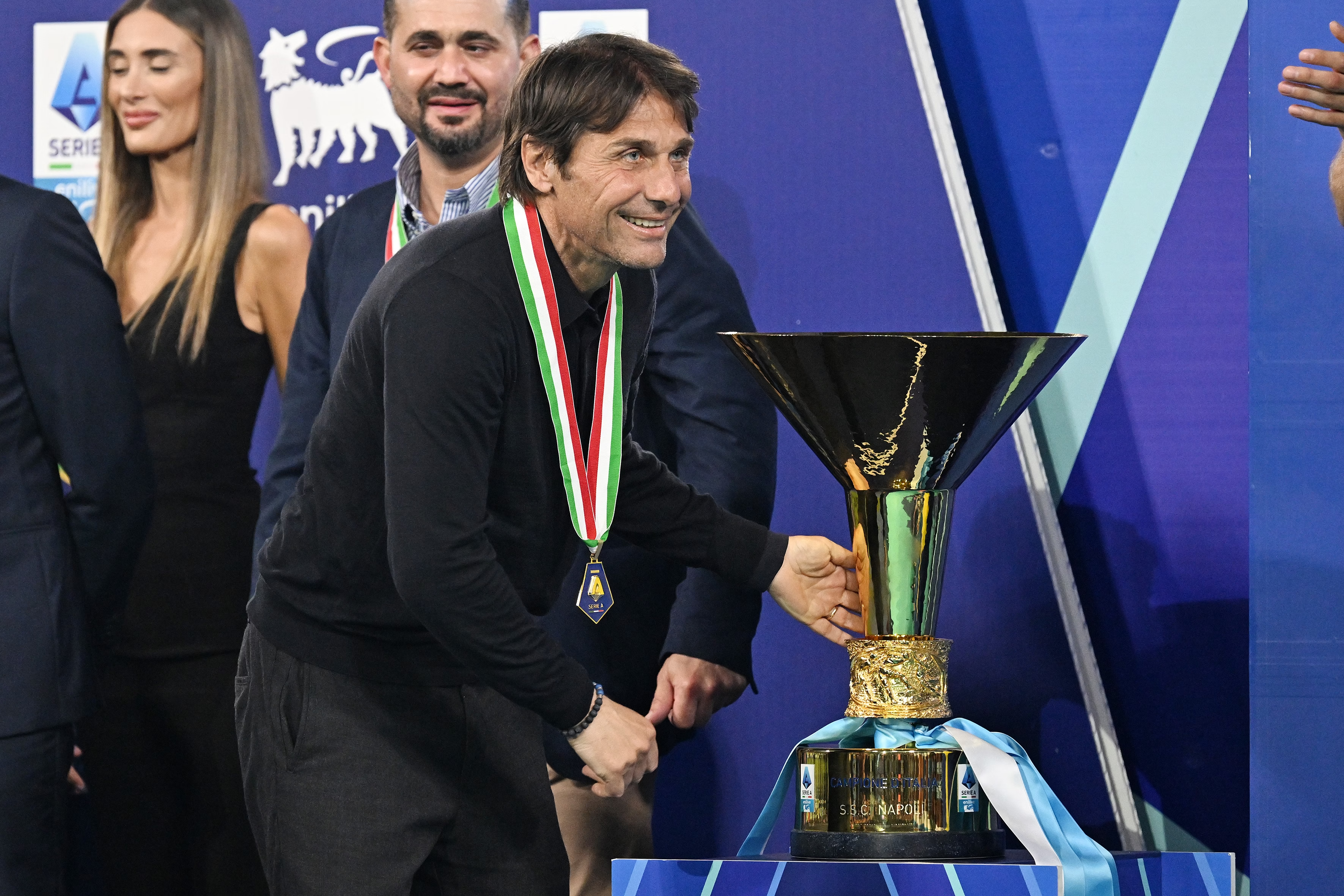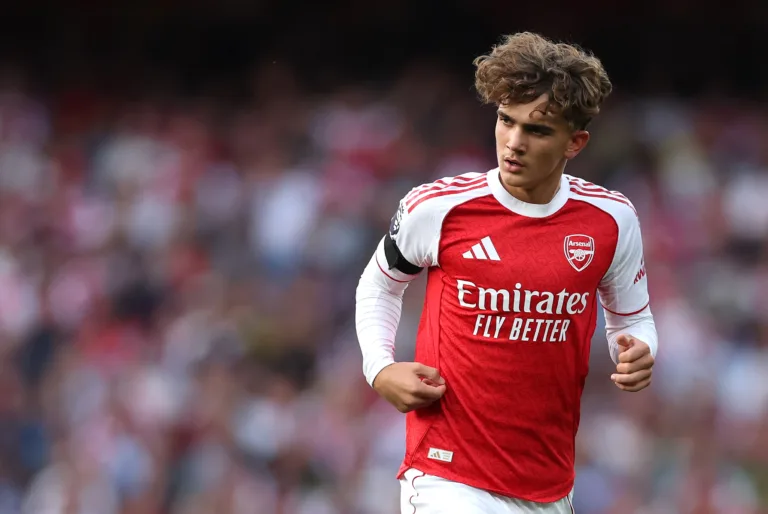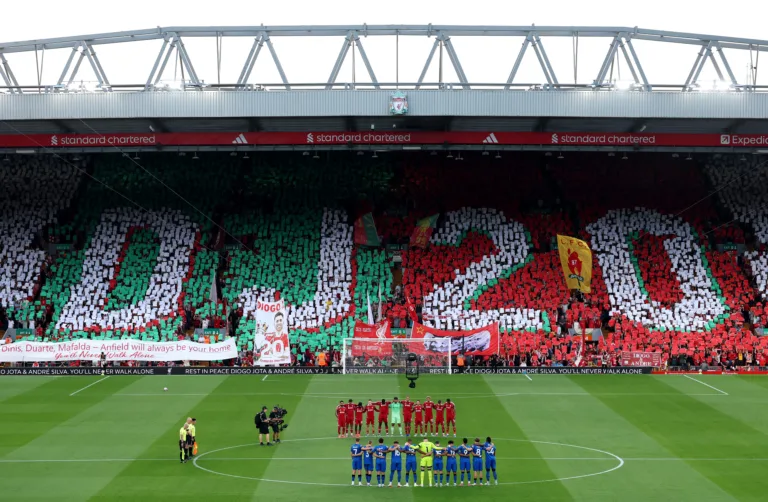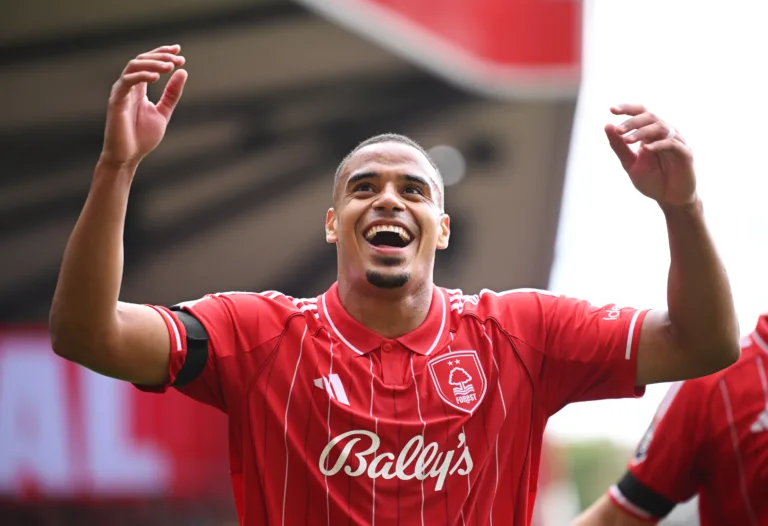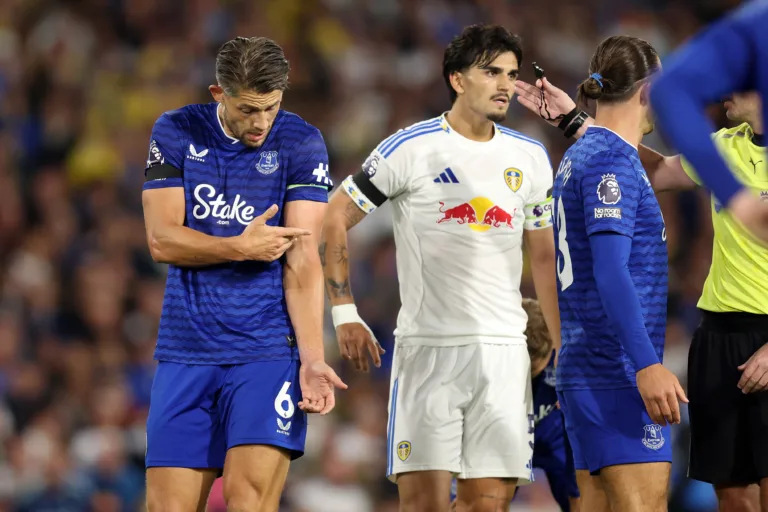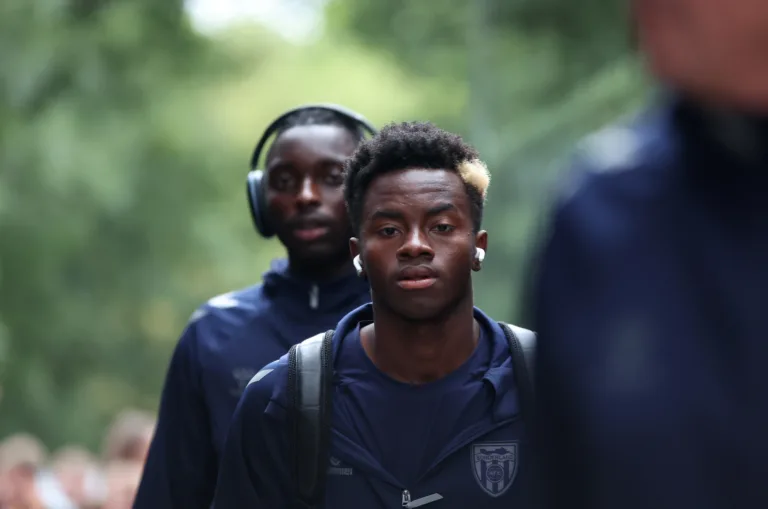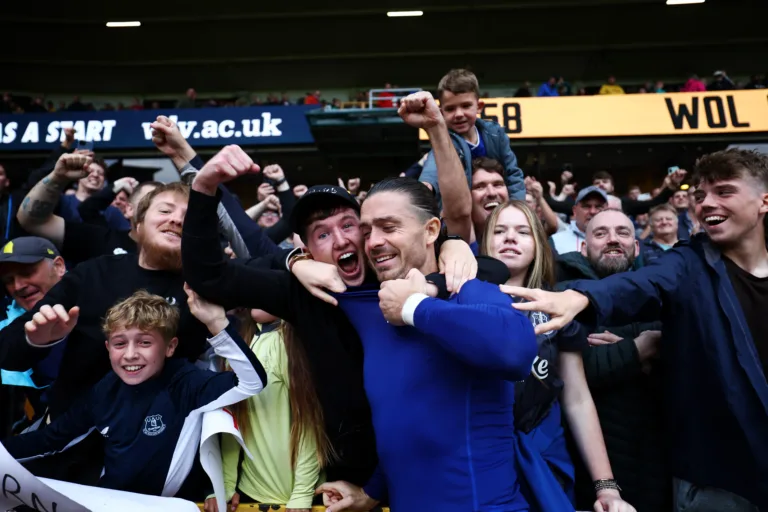No One Is Safe on the Serie A Touchline As Managerial Merry-Go-Round Begins
The football may have stopped in Serie A, but the whirlwind of news, intrigue and controversy certainly hasn’t in the fortnight since the season finished, thanks to the vast upheaval in the coaching departments across the league. The appointments of Christian Chivu at Inter, Gian Piero Gasperini at Roma and Ivan Juric at Atalanta are the latest in an increasingly long list of managerial changes, especially in the top half of the table. Back in the summer of 2021, all but two of the ‘Big Eight’ clubs changed their coach ahead of the new season and we are currently in the midst of a similarly extensive shakeup in the dugouts.
Four years ago, there were new coaches introduced at 11 of 17 clubs that stayed in the league, with only three remaining from the opening day of the previous campaign (Stefano Pioli at Milan, Gian Piero Gasperini at Atalanta and Sinisa Mihailovic at Bologna). Already, heading into next season, at least 10 of the 17 will have new allenatori, as Gasperini and possibly Pioli enter from the opposite side of the equation this time around (full list of managerial changes at the end). While there are currently five coaching remnants from last year’s first round, even their positions have been far from secure and in many ways are more ‘re-signings’ than continuations.
Like a New Signing
Only a matter of weeks ago, for instance, Antonio Conte’s future at Napoli appeared in serious doubt amidst persistent rumours linking him with a return to Juventus. The aftermath of the Scudetto triumph and the joyous outpouring of emotion on all sides – from coaches, players, staff and fans – inside and outside the stadium seemed to consolidate the relationship between Conte and Napoli, but most importantly between Conte and owner Aurelio De Laurentiis. A volatile pairing from the outset, the duo managed to set any differences aside and reached an accord to proceed together for at least another season.
Convincing the coach who brought home Napoli’s fourth-ever Scudetto to stay in Campania was no doubt aided by an increased salary packet and the promise of a Kevin De Bruyne-shaped gift to play alongside Scott ‘McFratm’ McTominay at the Stadio Diego Armando Maradona next season. On top of that, for the first time since he took over, the team should not lose one of its star players – following the somewhat acrimonious exits of Victor Osimhen last summer (although he is still technically a Napoli player for now) and Khvicha Kvaratskhelia in January. This, with the addition of Champions League football, was clearly an enticing enough prospect for a coach driven by the desire to compete for major honours.
The ripple effects of Conte’s ‘resigning’ were felt in Turin, where, with his potential reacquisition out of the picture, Juve eventually decided to call off their tentative search for a new head coach. Instead, they took the decision to stick with Igor Tudor, the ex-Marseille and Lazio boss, who had only replaced Thiago Motta at the end of March.
This was in part due to a change in the hierarchy after the dismissal of Sporting Director Cristiano Giuntoli, who was headhunted from Napoli just two years ago. Frustration with last summer’s transfer window and general underperformance were key factors in Giuntoli’s ‘separation’ from the club and the appointment of Toulouse’s Damien Comolli to the role, formerly of Liverpool. Therefore, Tudor was spared, and, given that he has only taken charge of nine games for the Bianconeri, it still feels like somewhat of a fresh start for the Old Lady.
White Smoke: A New Leader in Rome
Friday saw the culmination of the managerial merry-go-round’s longest-running saga as Gian Piero Gasperini’s move to AS Roma was confirmed, as was his replacement at Atalanta, Ivan Juric. The Giallorossi have been searching for a new long-term boss ever since sacking Juric themselves back in November. Claudio Ranieri, the Croat’s successor, was always clear that his retirement from retirement would only last until the end of the season, when he would then move upstairs to a directorial position at the club. Despite miraculously dragging the Romanisti to the brink of Champions League qualification after their disastrous start to the campaign, ‘Sir Claudio’ reportedly rejected the opportunity to postpone his coaching re-retirement another year.
Roma’s drawn-out search for a new ‘mister’ was a constant source of rumours and media attention over the past months, with names ranging from Cesc Fabregas and Roberto Mancini to Jurgen Klopp and Ange Postecoglou all heavily linked at various stages. Ranieri revealed in his final days at the helm that the incoming gaffer would be “younger than me”, which ruled Roy Hodgson and Arrigo Sacchi out of the job, if little else. As it turned out, the 73-year-old from Testaccio was true to his word, even if there is hardly a generational age gap between him and his 66-year-old successor.
Gasperini, after nine incredible years at Atalanta, where he helped turn a provincial yo-yo club into a Champions League regular and Europa League winner, felt it was eventually time for a new adventure. In his inaugural interview, the Piedmontese coach spoke of his desire for “a significant challenge (in) an environment full of passion” that convinced him to move to the capital and the “shot of adrenaline” he needed “to try to achieve something great” after nearly a decade in Bergamo.
Part of his task will be to return the Giallorossi to the top tier of European football for the first time since 2019. Ironically, he would be taking charge of a Champions League club already if it weren’t for his own Atalanta team beating Roma 2-1 in the third last game of the season. It was the Romanisti’s only post-Christmas league defeat after a remarkable run of form which saw them ultimately finish a point behind Juve in fourth spot.
Succession
Third-placed Atalanta, meanwhile, were forced to plan for a post-Gasp life all of a sudden after the relatively unexpected, and certainly unwanted, departure of a totemic figure at the club. Names like Thiago Motta and Raffaele Palladino, most recently in charge of Juve and Fiorentina, respectively, were heavily linked with the position but reports soon began to emerge of Ivan Juric as a leading contender before the final confirmation on Friday afternoon.
To Premier League watchers it may seem a bizarre decision after his uninspiring spell at Southampton (to say the least). Likewise, to those who observed the flaming tyre fire that was his two-month stint at Roma earlier in the season, Juric’s appointment may not instil much confidence in the continuity of Bergamo’s footballing fairytale of the past decade.
There is, however, a solid degree of reason behind La Dea’s decision to entrust the Croat with the transition from the Gasperini era into the next. Firstly, the season just gone has definitely been the least successful and most damaging of Juric’s managerial career. His reputation is much more credible in Italy (outside of Rome perhaps), where he achieved top-half finishes in each of the preceding five seasons; first with newly promoted Hellas Verona (twice), followed by three consecutive 9th place finishes at Torino.
Most significantly, however, Juric is one of the increasing number of Gasperini disciples in Italian coaching and has an extensive catalogue of Serie A experience as both player and coach (which may have given him the edge over fellow apostle Raffaele Palladino). The 49-year-old played under his mentor and now predecessor at Crotone and Genoa for six seasons in the mid-2000s before later joining his coaching staff at both Inter and Palermo.
Neither is it the first time that Juric has succeeded Gasperini in the dugout. He took the reins at Genoa in 2016 after Gasp’s second term in Liguria was brought to an end. In fact, the pair have now managed four of the same clubs, with Palermo and Inter the only two remaining on Juric’s bingo card as he follows in the footsteps of his master.
It is therefore not as much of a surprise that Atalanta opted for the continuity of playstyle and ideology offered by Juric – although it must be said that his interpretation of ‘Calcio alla Gasp’, to this point, has generally resulted in a lot fewer goals and a less exciting version of football compared to his teacher.
Chivu In-Zaghi Out
Simone Inzaghi’s decision to call time on four years in charge of Inter just days after the Champions League final may well have been influenced by the appalling nature of his side’s defeat, although there was always a sense that this was a team reaching the end of its cycle, regardless of the outcome in Munich.
Inzaghi, having won the Scudetto twelve months ago to add to a collection of domestic cups as Nerazzurri boss, perhaps felt he was no longer the right man to lead the rejuvenation of an ageing squad that visibly ran out of steam in the final weeks of the season as they let a potential treble slip away at the death, ending up empty-handed. The most significant factor influencing his departure was, however, a reported $50 million contract offer from Al Hilal in Saudi Arabia. Interestingly, he was appointed in time to oversee their Club World Cup campaign, where he could end up facing Inter if the two clubs make it as far as the quarter finals.
Should such a scenario arise, it will be Christian Chivu he will be coming up against in the Inter dugout. A legend in the blue-and-black half of Milan for his many successful years as a player and his role in the famous treble season under Mourinho, Chivu is the man entrusted with guiding the Interisti through a phase of prospective transition.
It was certainly a bold selection on the Inter board’s behalf to choose a coach who only took charge of his first senior competitive match in February. Having spent several years working in the Nerazzurri’s youth ranks, he was handed the reins at Parma, who were struggling for survival in Serie A. Three wins in his thirteen games was enough to maintain their top division status, although in general, Chivu’s CV is far from what you would expect to entice a phone call from Champions League finalists.
Club president Beppe Marotta defended the appointment, expressing the synergy between the club’s philosophy and Chivu’s appreciation of youth development. He also insisted that the Romanian was “not a stopgap”, even if he acknowledged that Como had refused to let them to speak to Cesc Fabregas, their first-choice candidate. Given that Alessandro Bastoni at 26 was the youngest Inter starting player Munich, there will surely be a keen focus on youth in the Chivu era and especially in the forthcoming transfer window.
Milan to the Max
On the other side of the San Siro, AC Milan opted for pretty much the exact opposite strategy to their city rivals. Massimiliano Allegri’s return to the club, after over eleven years, signals an evident shift in focus from an under-fire leadership structure, semi-abandoning the Moneyball strategy of youth investment and long-term squad building in favour of the experience and perceived ‘steady hands’ of the Tuscan coach.
Links to players in the +30 age bracket like Granit Xhaka and Adrien Rabiot, and even Luka Modric in the +40 bracket, suggest a clear divergence in buying strategy under the incoming brain trust of Allegri and Igli Tare (the newly appointed sporting director, formerly of Lazio). Allegri, whose last game as a manager was the 2024 Coppa Italia final he won with Juventus, will be under pressure from both ownership and fans to reassume Milan’s place in the Champions League after a disastrous campaign just gone that saw them finish eighth and burn through two managers.
Neither Paulo Fonseca nor Sergio Conceicao were able to achieve any sort of consistent level of results or performance, yet never were they the focus of the ultras’ ire in an increasingly hostile home atmosphere. Protests against American owner Gerry Cardinale, RedBird Capital (the club’s parent company) and pretty much anyone associated with the commercial or sporting management of the club (including Zlatan Ibrahimovic) grew ever more prevalent amongst the hardcore (and casual) supporters as the season went on. The accusations generally criticise a lack of ambition, investment and desire to win from the Americani, who prefer instead to focus on the commercial side, growing the ‘brand’ and attracting tourists to the stadium.
It is into this far-from-ideal environment that Max Allegri enters. His task of helping the Rossoneri climb back into the UCL will be all the more difficult too, given the sale of Tijani Reinders to Manchester City (Milan’s best player last season). On top of that, reports suggest that Mike Maignan is prepared to run down the final year of his contract if the club are not prepared to grant him a move to Chelsea, while rumours continue to swirl surrounding the futures of Theo Hernandez and Rafael Leao.
Allegri’s pragmatic approach and wealth of experience at the top level of Italian football inspired his appointment, but will that be sufficient to turn around a ship that for a while now has appeared to be both sinking and on fire in the middle of a mutiny?
More Musical Chairs
Elsewhere across the league, there was more white smoke in Rome to herald the arrival of a new top dog – only this time of the cigarette variety. Maurizio Sarri followed the Allegri trend and returned to his former team, Lazio, albeit after a much shorter interlude. Having resigned as Biancocelesti boss in March of 2024, the ex-Chelsea, Napoli and Juve coach is back at the helm of the club with whom he finished a very commendable second place back in 2023. There will be no European football for Sarri next season, though, as a late-season slump saw them finish in seventh and miss out altogether, which ultimately played a large part in Marco Baroni’s departure.
Baroni has since joined Torino, who themselves parted company with ex-Italy international Paolo Vanoli after one season in charge. Vanoli subsequently interviewed for the vacancy at Cagliari before the Sardinian club decided to promote youth team manager Fabio Pisacane to the top job. The 39-year-old Neapolitan fills the void left by Davide Nicola, the Serie A survival expert who steered the Rossoblu to a 15th place finish. Nicola has since emerged as the leading candidate for Lecce (along with Eusebio Di Francesco, relegated with Venezia), should the Salentini relieve ex-Milan and Sampdoria boss Marco Giampaolo of his duties in the coming days.
Fiorentina are too looking for a new manager after Raffaele Palladino’s shock resignation just days after the culmination of his inaugural campaign in Florence, where he guided them to their customary Europa Conference League qualification. Stefano Pioli, formerly of Milan and now at Al Nassr, has been strongly linked with a return to the Fiorentini – albeit the now vacant Italian national team position may throw yet another spanner into the Viola’s works, with Pioli currently the favourite to get the job should Ranieri decide to remain in his new role at Roma.
Given that the Italian Football Federation has now decided to jump on the peninsula’s hottest summer trend – changing managers – perhaps that means Luciano Spalletti is also ready to re-enter the seemingly never-ending game of musical chairs.
So, as it stands, Serie A’s managerial roster for next season looks as follows:
- Napoli: Antonio Conte (Stays, new contract)
- Inter: Christian Chivu (IN), Simone Inzaghi (OUT)
- Atalanta: Ivan Juric (IN), Gian Piero Gasperini (OUT)
- Juventus: Igor Tudor (Stays)
- Roma: Gian Piero Gasperini (IN), Claudio Ranieri (OUT)
- Fiorentina: *tbc* (Stefano Pioli rumoured), Raffaele Palladino (OUT)
- Lazio: Maurizio Sarri (IN), Marco Baroni (OUT)
- Milan: Massimiliano Allegri (IN), Sergio Conceicao (OUT)
- Bologna: Vincenzo Italiano (contract extension)
- Como: Cesc Fabregas (stays)
- Torino: Marco Baroni (IN), Paolo Vanoli (OUT)
- Udinese: Kosta Runjaic (stays)
- Genoa: Patrick Vieira (contract extension)
- Verona: Paolo Zanetti (stays)
- Cagliari: Fabio Pisacane (IN), Davide Nicola (out)
- Parma: *tbc* (Daniele De Rossi, Alberto Gilardino, Raffaele Palladino all rumoured), Christian Chivu (OUT)
- Lecce: *tbc* (Davide Nicola and Eusebio di Francesco in pole position to take over should Marco Giampaolo depart)
- Sassuolo: Fabio Grosso (stays)
- Pisa: *tbc* (Alberto Gilardino favourite), Filippo Inzaghi (OUT – Palermo)
- Cremonese: Giovanni Stroppa (stays)


